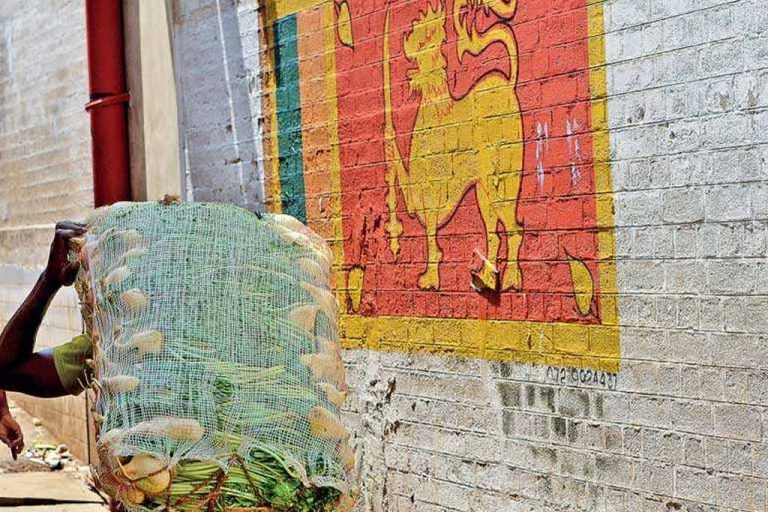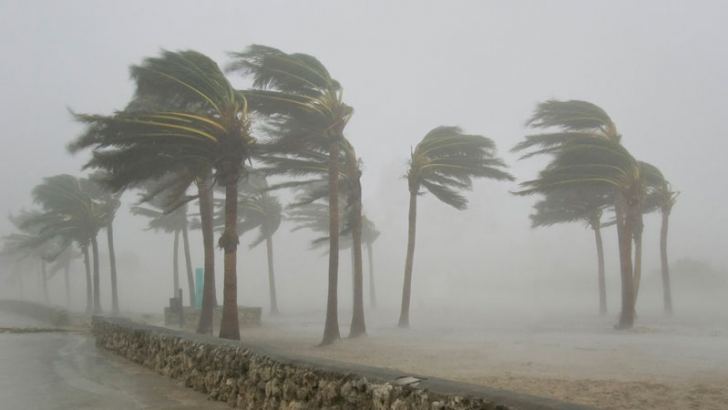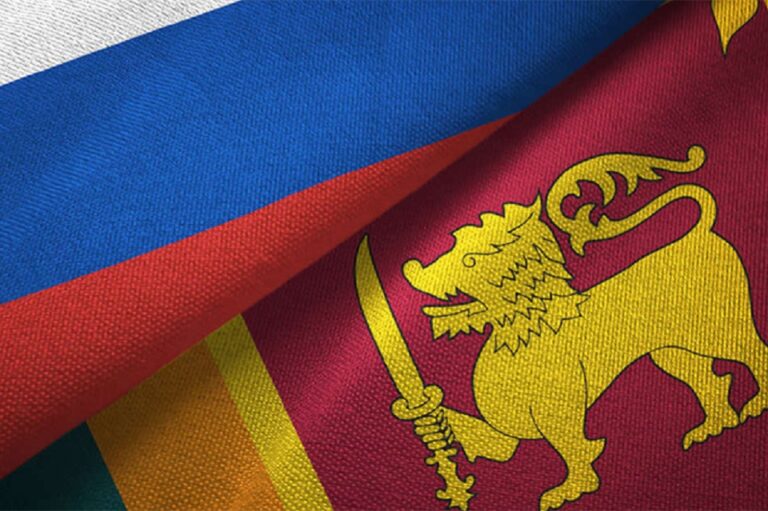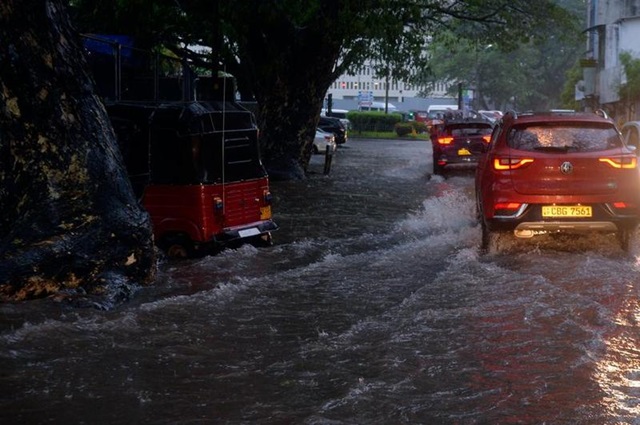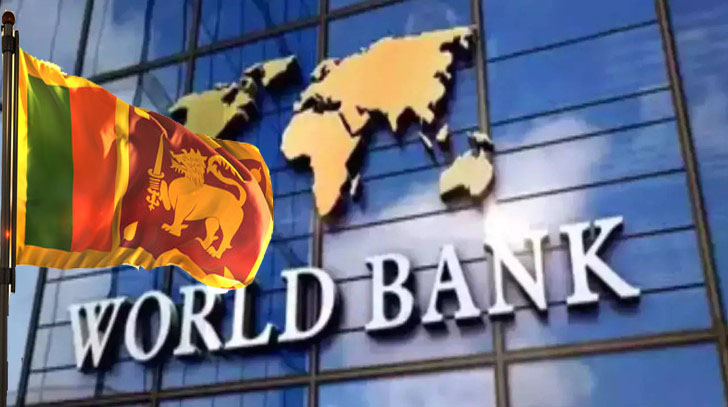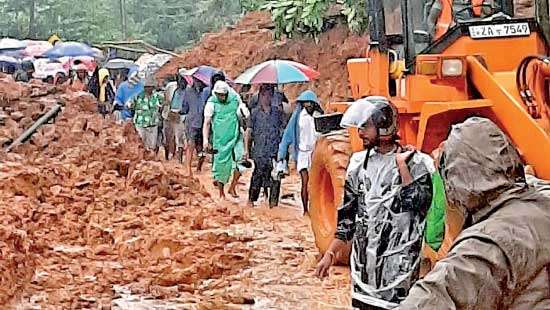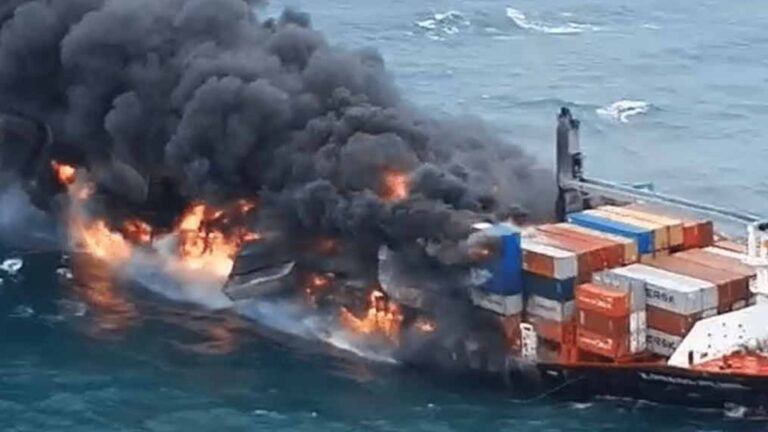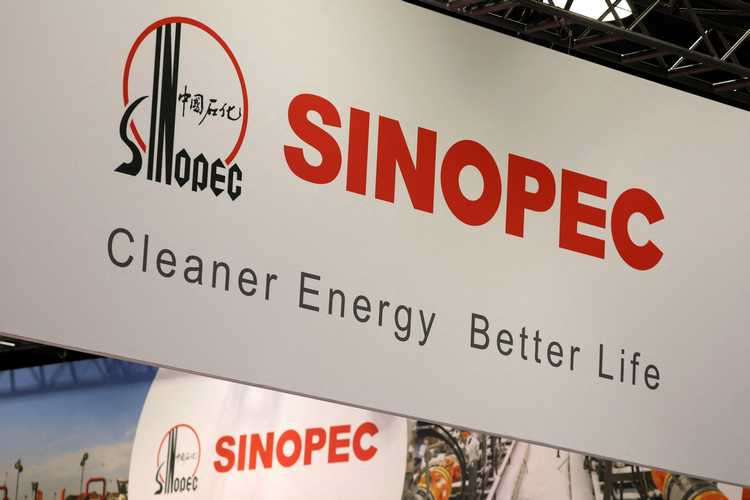Sri Lanka’s public accountability system is preparing for one of its most demanding years yet, with the National Audit Office (NAO) planning an unprecedented 3,508 audits in 2026.
The scale of this workload revealed during the latest meeting of the Committee on Public Finance (COPF) has raised fresh questions about the country’s governance environment, institutional capacity, and financial discipline at a time of economic fragility.
According to the NAO’s 2026 Annual Work Programme, the audit lineup includes 3,484 financial audits, 12 special audits, 11 performance audits, and a single environmental audit.
Although the volume signals increased oversight, it also points to a growing complexity in managing public funds and evaluating the performance of ministries, state entities, and development schemes.
A major new addition is the responsibility of auditing Samurdhi Community-Based Banks and Samurdhi Bank Societies, which will fall under the Auditor General from 2026.
During the COPF session chaired by Dr. Harsha de Silva, concerns were raised over whether the Audit Office has the capacity to take on this expanded portfolio.
Acting Auditor General officials confirmed that 10%–15% more staff will be required beyond the current cadre, and that pilot audits now under way will determine whether recruitment or outsourcing is necessary.
The committee signaled its support for outsourcing certain components of the Samurdhi-related audits, acknowledging that the Auditor General alone cannot shoulder the full nationwide workload in the given timeframe.
A directive has been issued for the NAO to complete its pilot study and report back by February 2026.
Governance analysts note that the increased audit volume reflects both heightened parliamentary scrutiny and serious underlying risks across public finance systems.
The COPF also reviewed the Final Report on the 2026 Appropriation Bill, which contains its assessment of ministry-level budget allocations.
Although details remain confidential, committee members emphasised the need for transparent spending frameworks as fiscal consolidation continues under the IMF programme.
Meanwhile, COPF examined the new regulations under the National Medicines Regulatory Authority Act, urging greater transparency in pharmaceutical registrations a sector long criticised for opaque approval processes and pricing concerns. The regulations were approved following review.For the NAO, 2026 will test whether Sri Lanka’s audit infrastructure can match the rising expectations of Parliament and the public.
The ultimate impact of these audits will extend far beyond the audit office itself: uncovering mismanagement, strengthening financial discipline, and enhancing confidence in state institutions.
With the economy still vulnerable, effective auditing will be essential to safeguarding taxpayer funds and ensuring that welfare programmes and development budgets deliver real value

